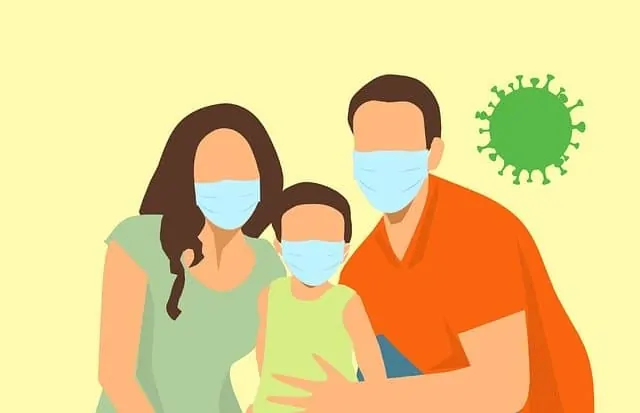
Dental emergencies can be scary and painful. Most often, these emergencies are a result of an unexpected accident, but other times they can be avoided by taking certain preventive measures. Join your pediatric dentist in Spring as we share some easy ways you can reduce your family’s risk of a dental emergency.
Following the tips above won’t guarantee the prevention of a dental emergency, but they can help lower the risk and keep your family’s mouths healthy. Of course, making sure to follow a strict oral hygiene routine at home is also important to protect your smile. Brushing twice a day, floss once a day, and see your pediatric dentist in Spring regularly.*
If you think you may have a dental emergency, call your dentist to determine the best course of action for your specific needs.
*At the time of publishing, the ADA has recommended the postponement of all preventive dental appointments. Please check your local recommendations.
Dental emergencies can be scary and painful. Most often, these emergencies are a result of an unexpected accident, but other times they can be avoided by taking certain preventive measures. Join your pediatric dentist in Spring as we share some easy ways you can reduce your family’s risk of a… Read More…